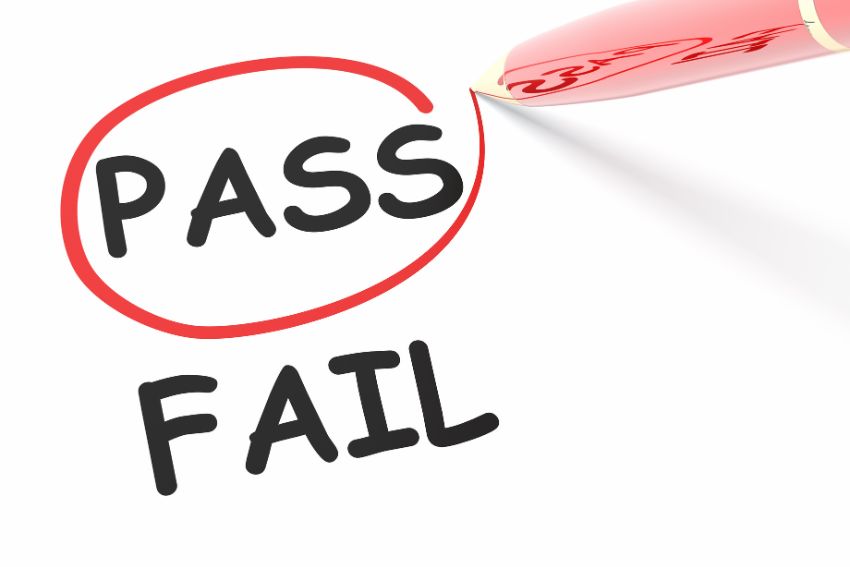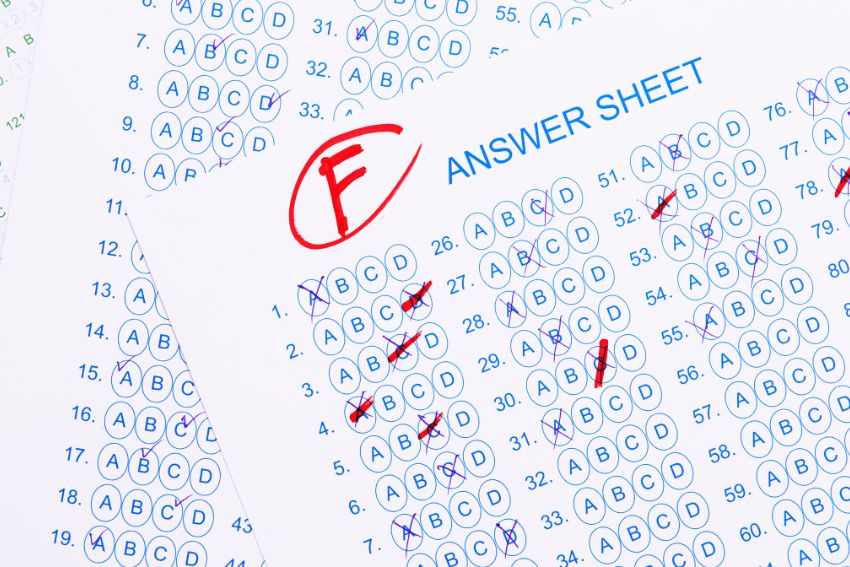Are you wondering, “What is a pass at A Level?” Understanding this is key for students aiming to succeed at A Levels. A passing grade plays a significant role in shaping your next steps, whether it’s university admissions or career opportunities. The A-level grading system UK ensures fair assessment and helps you measure your achievements effectively. Knowing how it works can make all the difference in setting and achieving your goals.

What is a Pass at A Level? The UK Grading System Explained
The A Level grading system UK uses grades from A* to E, with E being the minimum passing grade. If you’re asking, “Is an E a pass at A Level?”, the answer is yes-it’s considered a pass. However, higher grades like A* and A are often required for competitive university courses.
Awarding bodies like AQA and Edexcel play a key role in setting grade boundaries to ensure fairness across all students. AQA grade boundaries may vary slightly from Edexcel grade boundaries each year based on overall exam performance.
If you are curious, “What grade is a fail at A Level?” Any grade below an E, such as a U (unclassified), is considered a fail. Understanding these standards helps you set realistic targets and track your progress effectively.
What is Considered a Pass at A Level?
If you’re wondering, “What is a pass at A Level?”, it includes grades from A* to E. The A Level grading system UK recognises an E as the minimum passing grade. So, “Is an E a pass at A Level?” Yes, it is officially considered a pass.
However, it’s important to note that while an E is a pass at A levels, many universities and courses have specific entry requirements. These may demand higher grades, such as a C or above, depending on the competitiveness of the programme. For students asking, “What grade is a fail at A Level?”, any grade below an E, such as a U (unclassified), is considered a fail. Understanding these distinctions helps students plan their academic goals effectively.
| A-Level Grade | Pass/Fail | UCAS Points | Notes |
| A* | Pass | 56 | Highest grade, excellent achievement |
| A | Pass | 48 | Meets most competitive requirements |
| B | Pass | 40 | Strong performance |
| C | Pass | 32 | Meets many university entry criteria |
| D | Pass | 24 | Acceptable for some courses |
| E | Pass | 16 | Minimum passing grade |
| U | Fail | 0 | Does not meet minimum standards |
What is a Pass at A Level? AQA and Edexcel Grade Boundaries
So, what is a pass at A Level? Grade boundaries play a key role in determining final results at A Levels as they set the minimum marks required for each grade, from A* to E. These boundaries are adjusted annually to ensure fairness based on overall student performance.
For the upcoming A Level exams, you can find the most up-to-date grade boundaries on the official websites of awarding bodies such as AQA and Edexcel. The AQA grade boundaries and Edexcel grade boundaries will provide detailed information on how marks correspond to grades, helping students and parents better understand the grading process and prepare for results day.
Is an E a Pass at A Level?
Is an E a pass at A Level?” Yes, it is officially recognised as a passing grade. According to the A Level grading scale UK, grades from A* to E are considered passes. So, if you’re asking, “What grade is a pass at A Level?”, the answer includes E.
However, achieving an E in A Level exams may have limitations, particularly for university admissions. Many higher education institutions require grades higher than E, often a C or above, for competitive courses. Similarly, some employers may expect stronger grades for specific roles. While an E is a pass, striving for higher grades can open more doors in both education and employment.
What Grade is a Fail at A Level?
When it comes to what is considered a fail at A Level, any grade below an E is officially classified as a fail. This includes the “U” grade, which stands for unclassified. According to the A Level grading system UK, a U indicates that a student did not meet the minimum criteria for a pass.
For those wondering, “Is a D a fail at A Level?”, the answer is no. A D is a passing grade, although it may not meet the entry requirements for certain universities or courses. Thus, understanding these distinctions can help students set clear academic goals and evaluate their results effectively.

Implications of A-Level Grades
A-Level pass grades play a crucial role in shaping your future, whether you’re aiming for university or stepping into the workplace. “What is a pass at A Level?” Grades from A* to E are all considered passes. However, the impact of your grade depends on your goals.
For university admissions, the A-Level grading scale is tied to UCAS points. Higher grades earn more points, which are often essential for meeting course requirements. For example, competitive programmes might require grades like AAB, while others may accept BBC or similar.
Beyond university, A-Level grades also influence career prospects. Employers may look at your grades as part of their hiring process, especially for roles requiring analytical or technical skills. While passing grades open doors, aiming for higher grades gives you more opportunities in both education and employment.

Tips for Achieving A-Level Pass Grades
Aiming for higher A-Level pass grades requires effective strategies and consistent effort. Understanding what is considered a pass at A Levels-grades from A* to E-helps you set clear goals and work towards them.
Start by thoroughly reviewing your syllabus. Knowing what’s expected ensures you focus on key topics. Practice is equally important, so make use of past papers to familiarise yourself with exam formats and identify areas for improvement. Keep the A-Level grading scale UK in mind to understand how marks translate into grades and aim for higher A-Level passing marks.
Meanwhile, if you’re struggling with certain subjects, don’t hesitate to seek extra help. Online resources, tutors, or study groups can provide valuable support to boost your understanding and confidence. With the right approach, you can achieve the grades you need for your future plans.
Conclusion
Understanding what is a pass at A Level and how the UK grading system works is essential for students aiming to achieve their goals. From knowing that A-Level pass grades range from A* to E to exploring grade boundaries and their implications, each detail helps you plan your next steps effectively.
To succeed, set realistic goals based on your strengths and ambitions. Use resources like past papers, online platforms, and study guides to build your knowledge and confidence. If you need extra support, consider working with online A-Level tutors who can provide personalised guidance to help you reach your desired outcomes.
Therefore, with the right mindset, consistent effort, and the support of available resources, you can achieve the grades you need for your future education or career.
FAQs:
What is a Pass at A Level?
A pass at A Level includes any grade from A* to E. These grades reflect varying levels of achievement, with A* being the highest and E the minimum pass grade.
How Are A-Level Grades Calculated?
A-Level grades are calculated by combining marks from coursework (if applicable) and final exams. Each component is weighted differently depending on the subject. The total marks are compared against the grade boundaries set by awarding bodies like AQA and Edexcel. These boundaries adjust annually to ensure fairness based on overall student performance.
What Grade is a Fail at A Level?
Any grade below an E is considered a fail. This includes the “U” (unclassified) grade, which means the student did not meet the minimum standard required to pass. You can resit A Levels if needed.
What Grade is a Pass at A Level?
At A Level, grades A* to E are officially considered pass grades. These grades indicate that a student has met the minimum criteria for passing their subject.
Is an E a Pass at A Level?
Yes, an E is a pass at A Level. It is the lowest grade within the passing range, as defined by the A-Level grading scale UK. While it is a pass, some universities or employers may require higher grades for specific opportunities.








